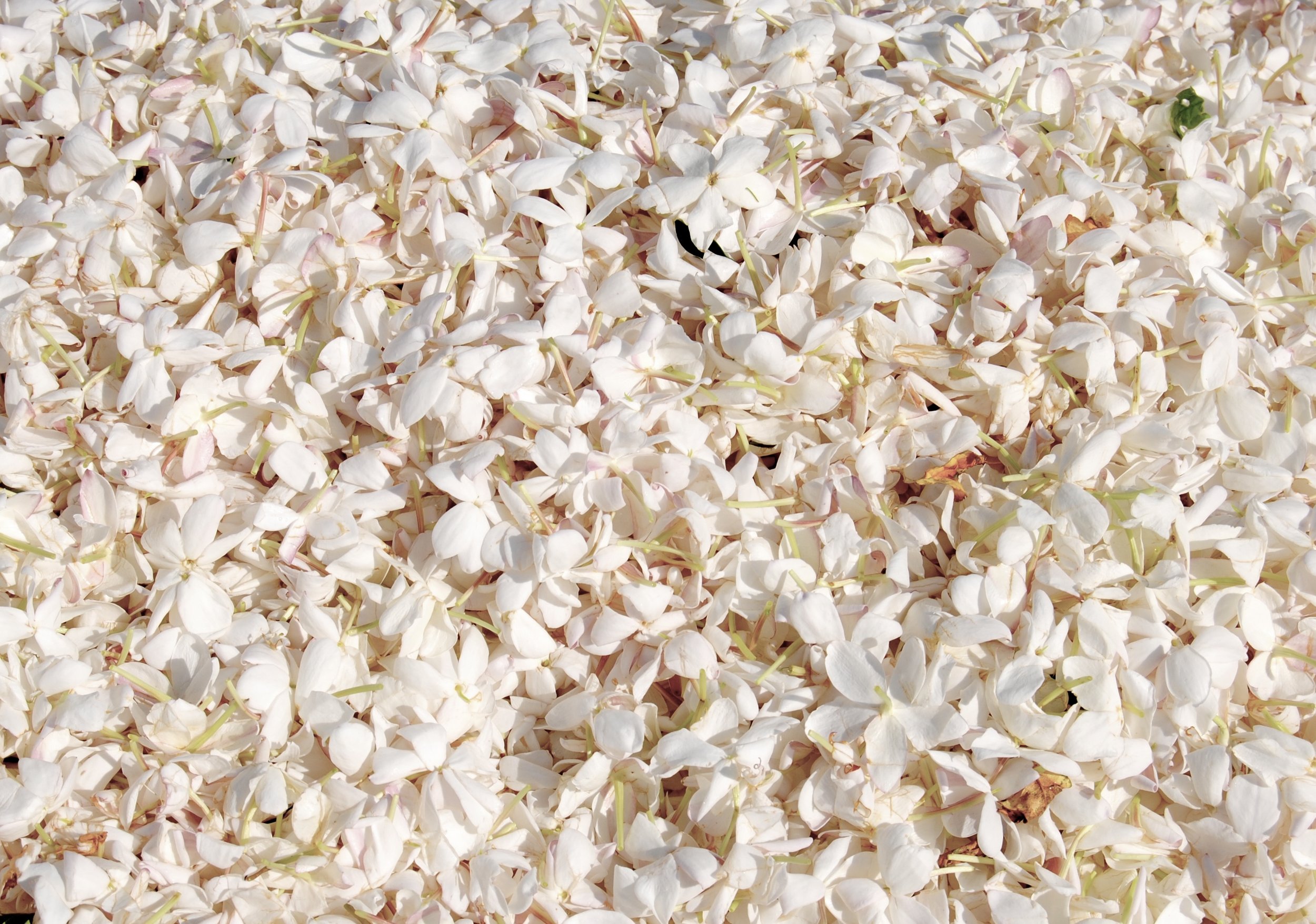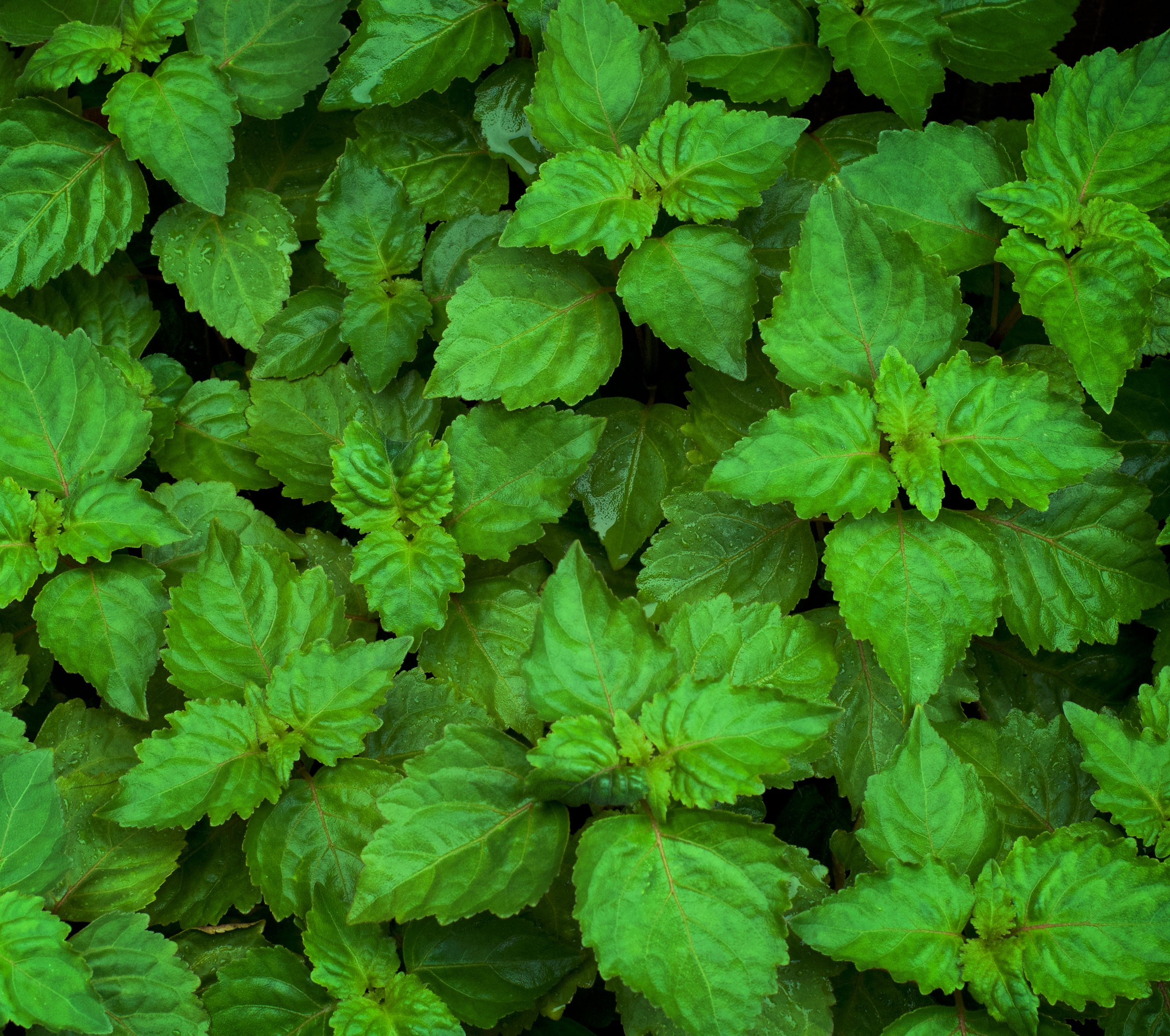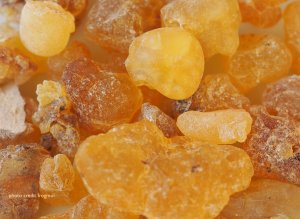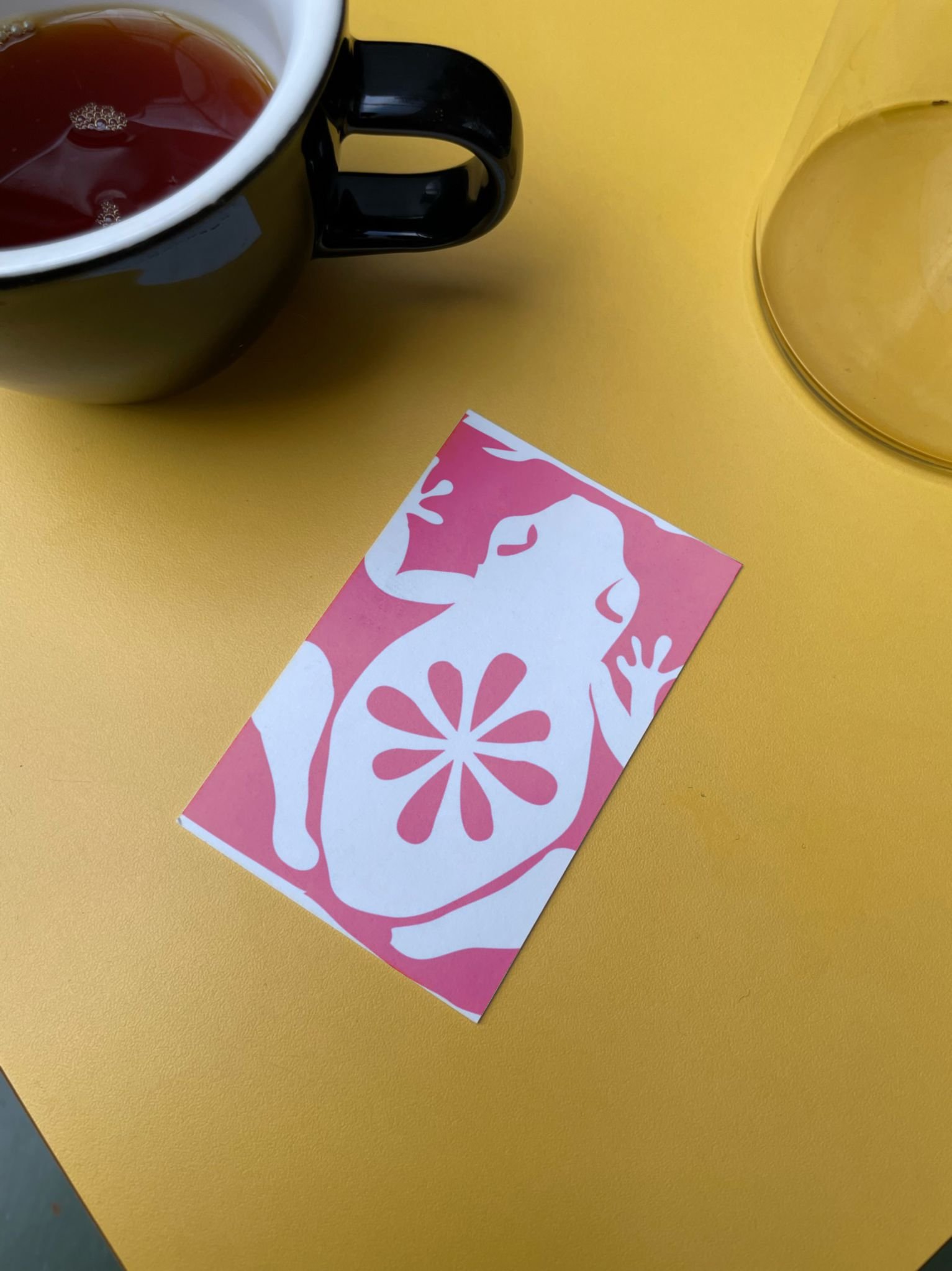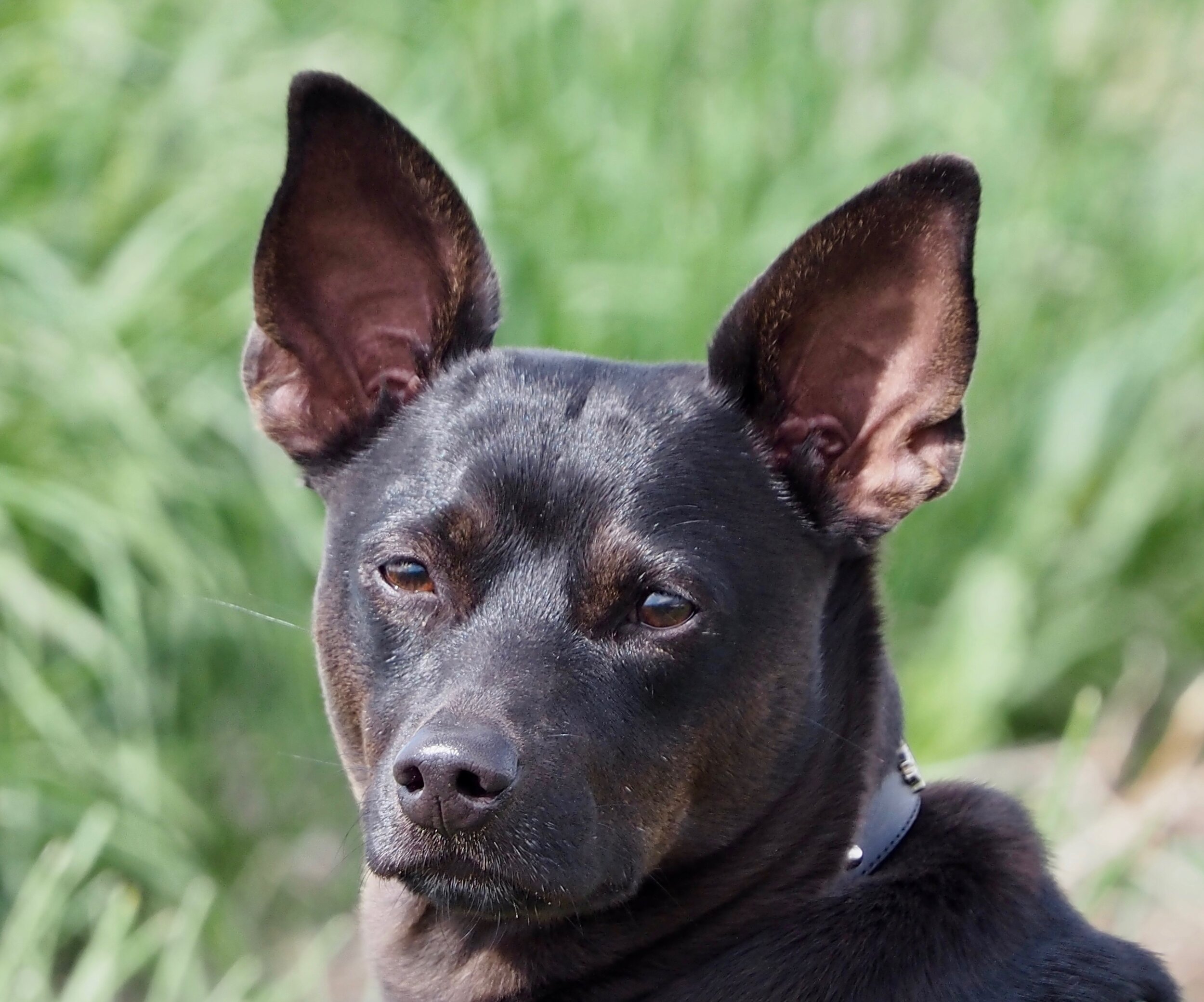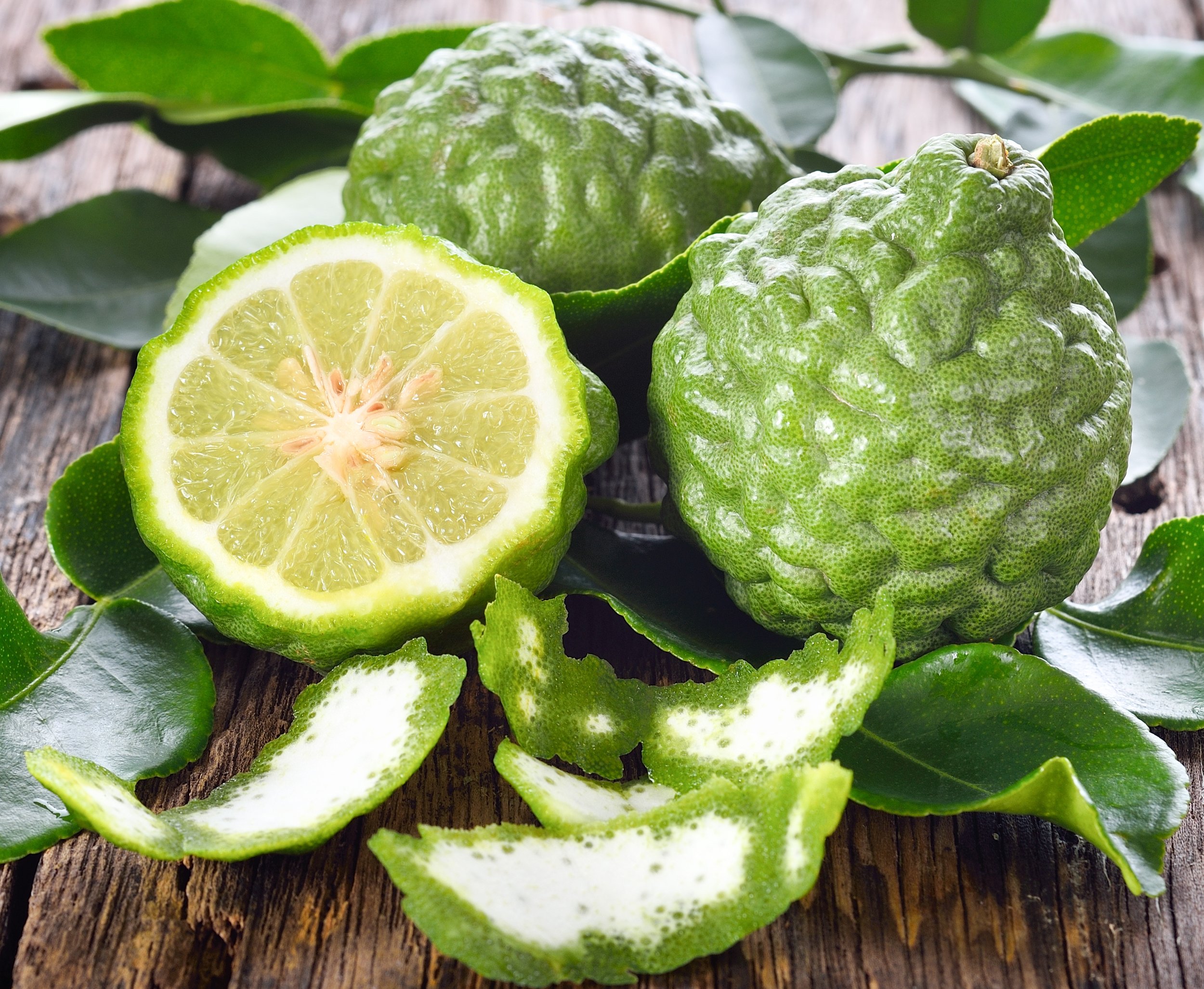 Image 1 of 1
Image 1 of 1


Bergamot (Citrus bergamia)
Bergamot was the first essential oil I fell in love with while living in New York City. This oil helped me through many transitions I was experiencing in my life. While working at a very demanding job and coping with the stress from these demands, I began to discover the healing properties of plants and essential oils. Without fail, Bergamot always brightened up my mood when I needed it most. It was also our dog Indie's essential oil of choice.
Bergamot is a small, round green to yellow fruit from a 14-foot tall tree and is cold expressed, creating a light greenish-yellow essential oil. Its aroma is fresh, sweet and slightly spicy. The suggested uses of the essential oil of Bergamot are acne, eczema, insect repellant, psoriasis, loss of appetite, flatulence, colds, fevers, anxiety, depression and stress-related conditions.
For me, the primary use of Bergamot is for the nervous system. It is my go-to oil when feeling stressed, overwhelmed, depressed, anxious, or emotionally out of balance. Animals choose it for the same reasons. When I work with abused animals or ones that have lost a close companion due to a move or death, a changed living situation or are fearful, they often choose Bergamot.
When we adopted our dog Indie at the age of ten months, the shelter told us he was found living on the streets in Taos, NM. He was a timid dog who would hide under anything when feeling insecure. One thing I did notice is he loved people. I thought he must have had a person who gave him food and showed affection towards him. It occurred to me he must miss that person. I introduced the Bergamot to Indie, and he loved it. This essential oil helped him acclimate to his new environment and us. When we travel to new places, I always bring Indie's number one essential oil, Bergamot.
The best way to use this essential oil is through inhalation via a diffuser or room spray. If using Bergamot topically, dilute it in a vegetable base for animals, such as safflower oil. For humans, dilute it with a gentle skin care oil, such as apricot kernel or almond oil.
Safety: The furocoumarin bergapten in this essential oil makes it phototoxic. So, if you apply it to your skin or topically to your animal, do not expose these areas to sunlight for 12 hours. I tell my clients who want to use it topically on their animals to do it at night. Please dilute your essential oils. Never apply them undiluted.
Comes in a 5ml-dropper bottle.
It is the chemical constituents that make up the essential oil and provide its therapeutic properties. There are very few clinical studies on essential oils. By definition, we know what their chemical constituents can do, but we do not clinically understand how they work in the essential oil.
You may read what others say about working with essential oils and how they affected them, but this does not mean it will have the same effect on you.
These statements have not been evaluated by the FDA and as such shall not be construed as medical advice implied or otherwise. No claims are made with respect to treatment of any physically diseased condition and no attempt is ever made to dissuade individuals from seeking medical treatment for any condition. In addition, this equipment, technology and products have not been evaluated by the FDA, nor are they intended to treat, cure, mitigate, diagnose or prevent any illness or disease.
Bergamot was the first essential oil I fell in love with while living in New York City. This oil helped me through many transitions I was experiencing in my life. While working at a very demanding job and coping with the stress from these demands, I began to discover the healing properties of plants and essential oils. Without fail, Bergamot always brightened up my mood when I needed it most. It was also our dog Indie's essential oil of choice.
Bergamot is a small, round green to yellow fruit from a 14-foot tall tree and is cold expressed, creating a light greenish-yellow essential oil. Its aroma is fresh, sweet and slightly spicy. The suggested uses of the essential oil of Bergamot are acne, eczema, insect repellant, psoriasis, loss of appetite, flatulence, colds, fevers, anxiety, depression and stress-related conditions.
For me, the primary use of Bergamot is for the nervous system. It is my go-to oil when feeling stressed, overwhelmed, depressed, anxious, or emotionally out of balance. Animals choose it for the same reasons. When I work with abused animals or ones that have lost a close companion due to a move or death, a changed living situation or are fearful, they often choose Bergamot.
When we adopted our dog Indie at the age of ten months, the shelter told us he was found living on the streets in Taos, NM. He was a timid dog who would hide under anything when feeling insecure. One thing I did notice is he loved people. I thought he must have had a person who gave him food and showed affection towards him. It occurred to me he must miss that person. I introduced the Bergamot to Indie, and he loved it. This essential oil helped him acclimate to his new environment and us. When we travel to new places, I always bring Indie's number one essential oil, Bergamot.
The best way to use this essential oil is through inhalation via a diffuser or room spray. If using Bergamot topically, dilute it in a vegetable base for animals, such as safflower oil. For humans, dilute it with a gentle skin care oil, such as apricot kernel or almond oil.
Safety: The furocoumarin bergapten in this essential oil makes it phototoxic. So, if you apply it to your skin or topically to your animal, do not expose these areas to sunlight for 12 hours. I tell my clients who want to use it topically on their animals to do it at night. Please dilute your essential oils. Never apply them undiluted.
Comes in a 5ml-dropper bottle.
It is the chemical constituents that make up the essential oil and provide its therapeutic properties. There are very few clinical studies on essential oils. By definition, we know what their chemical constituents can do, but we do not clinically understand how they work in the essential oil.
You may read what others say about working with essential oils and how they affected them, but this does not mean it will have the same effect on you.
These statements have not been evaluated by the FDA and as such shall not be construed as medical advice implied or otherwise. No claims are made with respect to treatment of any physically diseased condition and no attempt is ever made to dissuade individuals from seeking medical treatment for any condition. In addition, this equipment, technology and products have not been evaluated by the FDA, nor are they intended to treat, cure, mitigate, diagnose or prevent any illness or disease.

